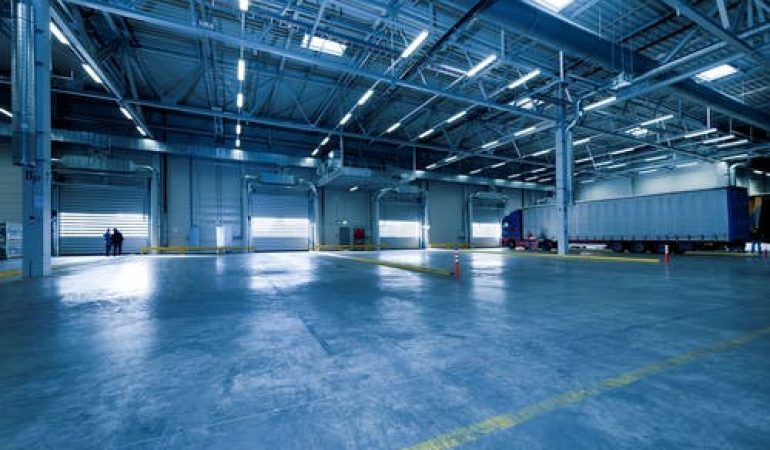What You Get From Using A Boiler System For Your Home
What You Get From Using a Boiler System for Your HomeYou have a variety of options for heating your home, including central heating, direct heating, furnaces, and fireplaces. Boilers heat the majority of homes in the United States. Discover why boilers are a popular way of heating and the benefits they bring if you are now confronted with the prospect of picking a heating system for your home.
What Is A Boiler?
A boiler system differs significantly from a forced-air system. The boiler pumps hot water around the house rather than air to provide heat. boiler tube suppliers will install a network of pipes in the subfloor of each room in the house that will receive heat. The network may be linked to terminals such as baseboard heaters or radiators at times. Water is sent through the unit’s heat exchanger when the thermostat activates the boiler. The warm water is then distributed throughout the plumbing system of the house. Water flowing through pipes beneath the floor generates heat, which radiates upward and into the room.
Benefits Of A Boiler System
Why do boilers remain competitive as a source of home heating? There are numerous benefits in utilizing this type of heating. There are several advantages to having a boiler system that other heating systems lack.
Efficiency Of Operation
During operation, a boiler loses less heat than a furnace. Because water is a more effective heat transfer medium than air, this is the case. A furnace heats air and spreads it throughout rooms, whereas a boiler heats water and sends it to terminal areas via pipes. A boiler uses less energy on average than a furnace because of water’s better heat transfer efficiency. You should visit your local boiler manufacturer to learn about the most efficient boiler pipe layout for your home.
Fast, Even Heating
Furnaces have the disadvantage of blowing away hot air that has accumulated at the room’s ceiling. It takes time for this heat to spread throughout the rest of the room. The dispersion is also uneven, resulting in cold spots. Boilers do not produce heat in a space. They heat surfaces and radiate heat into a room, heating up faster and more evenly.
Long Service Life With Minimal Maintenance
Because boilers have few moving parts, they have a long service life and require few repairs. As a result, they deteriorate at a slower rate over time. A boiler outlasts a furnace by five years on average. Furthermore, because there are fewer moving components, there are less repair needs over time, which is another reason a furnace may save you money.
Less Dust and Other Contaminants in the Air
Dust, dander, lint, and several other airborne irritants are attracted to ducts linked to a furnace. The furnace blower expels all of these impurities every time it turns on, resulting in dusty and occasionally poisonous indoor air. Because a boiler generates heat from surfaces rather than dust from air currents, it creates a cleaner indoor atmosphere. For members of a family who suffer from asthma or allergies, this can make a big difference.
Conclusion
One boiler system provides a number of significant advantages over other heating systems. A boiler is far more energy-efficient than traditional forced-air systems. Water is a significantly better thermal conductor than air; it warms up faster and retains heat for longer. Boiler systems also distribute heat more evenly and pleasantly throughout a home. Get a boiler heating system right now to enjoy all of these advantages.





